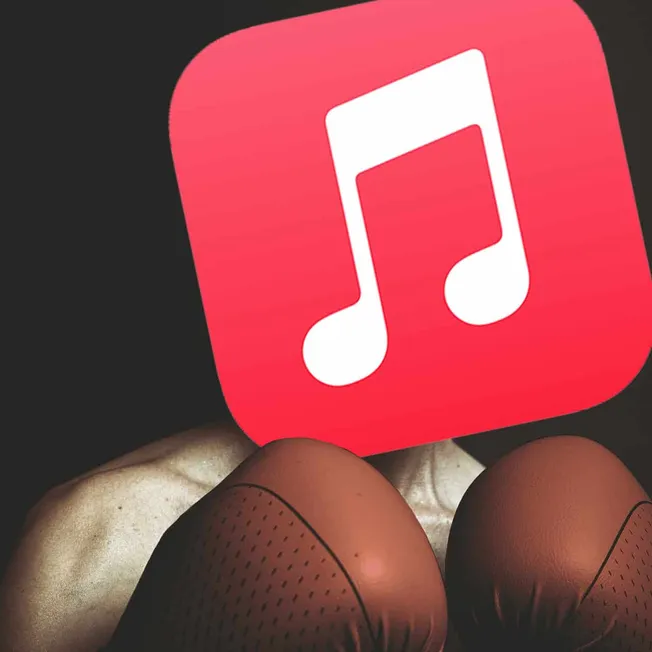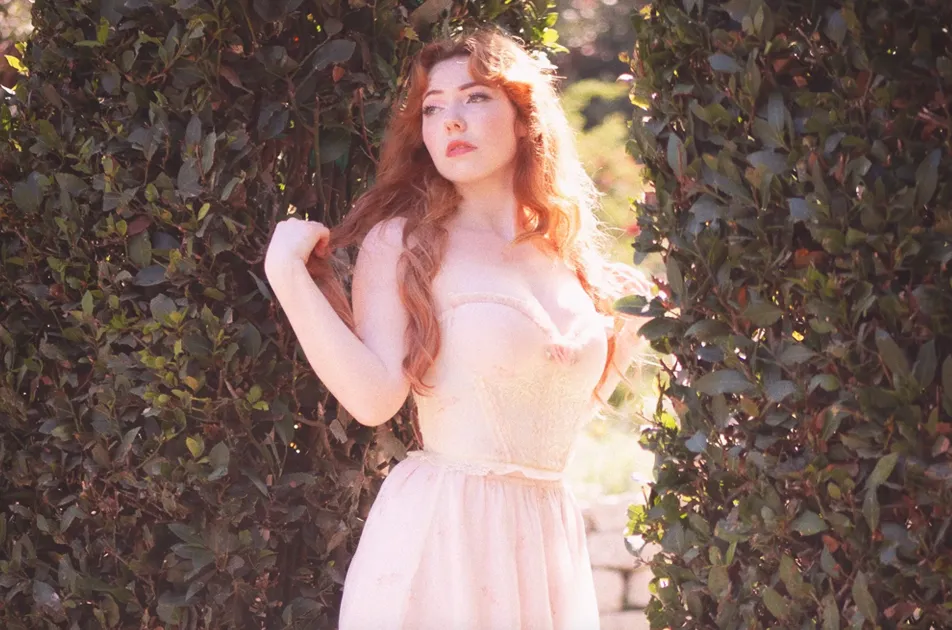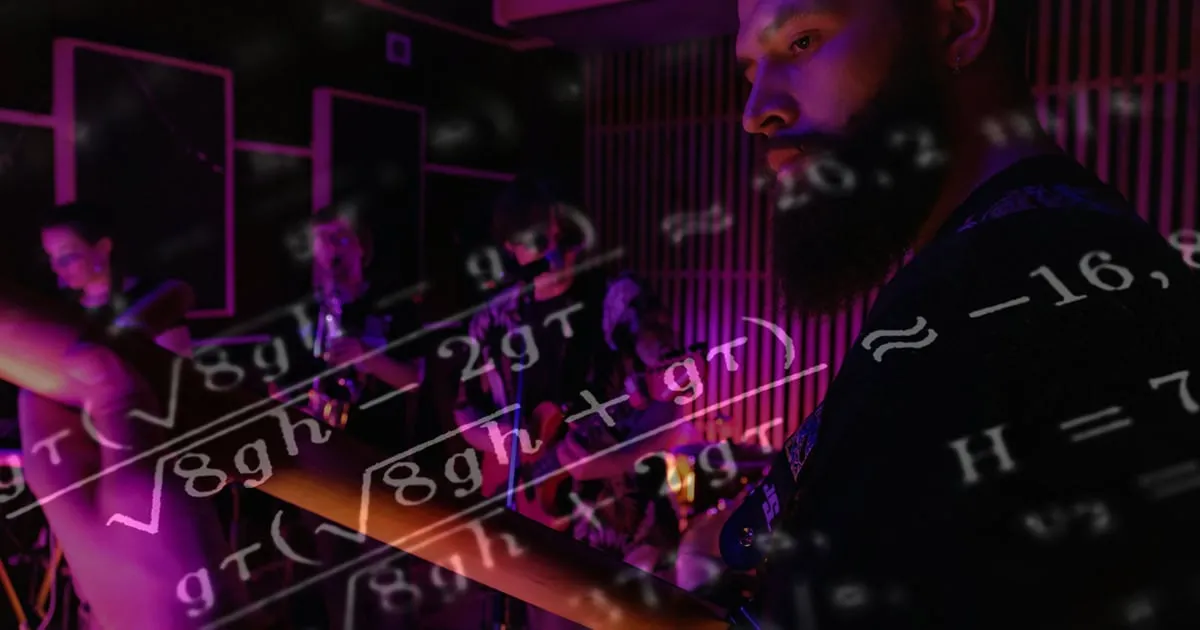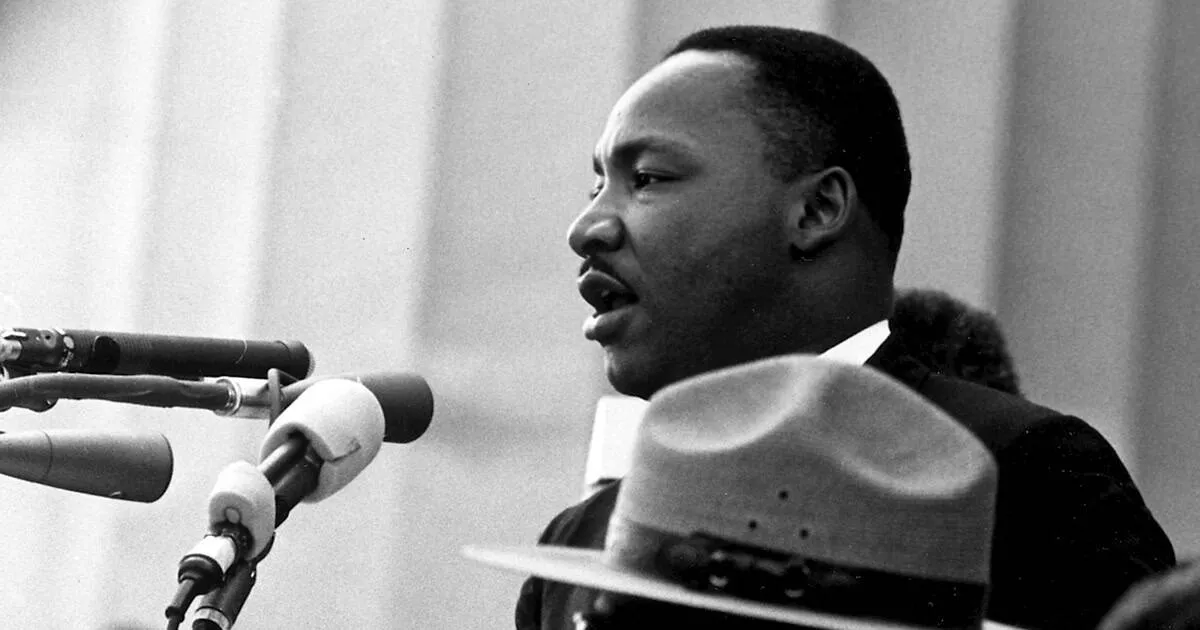In a bit of good news for musicians and songwriters, Apple has joined the competitive royalty fray, pitting itself against SoundCloud and Spotify to prove which platform can more fairly compensate artists.
Guest post by Chris Castle of Music Technology Policy
As an old sailing master once said, two boats on the water is a race. For once, the prize may be which streamery can treat artists better than their competitor.
What do SoundCloud and Apple have in common? Or said another way, what does Spotify not have in common with SoundCloud and Apple?
Of all the different ways that each of these licensed platforms try to compete with each other, SoundCloud and Apple have started competing on how fairly they pay the artists. We like it.
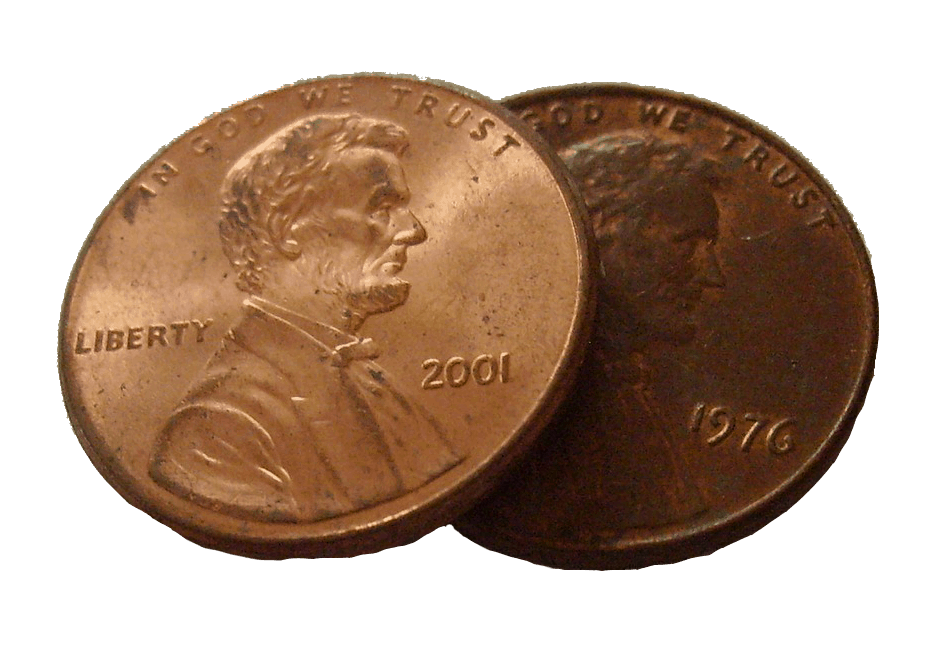
If the labels are going to license essentially the same catalog to all the services there are only so many ways the streaming platforms can compete with each other when they all charge roughly the same price (or have an old-school free service like Spotify, where 1999 is frozen in amber).
This is not a surprising move after all the backlash against streaming by artists around the world (see the #BrokenRecord campaign that brought on the UK Parliament’s inquiry into streaming and the #IRespectMusic campaign which killed IRFA among other things). We’ve previously covered the SoundCloud fan-powered royalties move which is the first implementation of user-centric by a major platform. But now Apple has stepped up by making representations about its minimum royalty rate.
(Songwriters take note: There’s a free market for licensing interactive streaming. Maybe one day we’ll get to songwriters, but that’s another story for their lobbyists to answer.)
According to Apple’s newsletter:
As the discussion about streaming royalties continues, we believe it is important to share our values….We believe in paying every creator the same rate, that a play has a value, and that creators should never have to pay for featuring.
So those statements right there do two things by addressing per-stream rates and payola. First, it puts a fork in one of Spotify’s grand deflections–pay no attention to that per-stream rate behind the curtain. Ever since the Trichordist started publishing the Streaming Price Bible, Spotify has been struggling to keep both artists and law makers from paying it any mind. That’s obviously a fool’s errand because everyone knows that it is necessary in the market-centric (or “big pool”) method to calculate a per-stream rate in order to know what the royalty payment is for any given licensor in any given period. This is due to this formula (where T1 is a single accounting period):
1. Monthly Service Revenue in T1 ÷ Total Streams in T1= per-stream rate in T1
2. Per stream rate in T1 x Your Streams in T1 = Your Royalty at T1
And algebraically, can also be expressed as this value for T1:
3. Monthly Service Revenue x [Your Streams ÷ Total Streams] = Your Royalty
Apple is simply recognizing the reality that every play has a value and going further by saying every creator should be paid at the same rate. That’s different than saying every creator will be paid the same–obviously the payment to each artist will vary depending on the number of streams of that artist’s repertoire. The Big Numerator people will get paid more than the Low Numerator people in the market-centric hyper efficient market share distribution of streaming royalties.
But Apple may be saying something very important here. If what they are saying is that they will pay 1¢ per stream regardless of the result of the first line calculation above so that the per-stream rate is guaranteed, then there may not be a reason to have the first line at all. On the other hand, if they are saying that the result of the first line will be no less than 1¢, then there still is a reason to have the calculation as it may result in exceeding the 1¢ minimum if it is a minimum. That calculation will, of course, be a function of how the Monthly Service Revenue is calculated. It’s important to know the answer to this minimum/maximum question about Apple’s announcement. Just because they’re Apple doesn’t mean they’re not crafty.
(Of course, streaming services don’t actually pay creators directly and they don’t pay non-featured performers a penny or even a fraction of a penny, but that’s a different conversation. That we will come back to.)
Apple’s payola comment is equally eye opening. A word about “payola”. What most people think of when they use the word payola is what we used to call the “$50 handshake” when a radio promoter would slip a $50 bill to a DJ during a handshake and expect more airplay in return. Failing to disclose that payment is illegal–which is, of course, why it was done in a handshake when no one could see the $50 being palmed.
If it’s illegal on terrestrial radio, why should it be legal online? I’m a big believer in platform parity and a level playing field, don’t you know. Also known as Moondog’s Revenge.
As the erudite David Oxenford noted a few years ago:
The payola statute, 47 USC Section 508, applies to radio stations and their employees, so by its terms it does not apply to Internet radio (at least to the extent that Internet Radio is not transmitted by radio waves…But that does not end the inquiry. Note that neither the prosecutions brought by Eliot Spitzer in New York state a few years ago nor the prosecution of legendary disc jockey Alan Fried in the 1950s were brought under the payola statute. Instead, both were based on state law commercial bribery statutes on the theory that improper payments were being received for a commercial advantage. Such statutes are in no way limited to radio, but can apply to any business. Thus, Internet radio stations would need to be concerned.
While Attorney Oxenford was focused on Internet radio, the same could be said of streaming platforms like Spotify, the Born Digital generation’s substitute for radio (as was extensively discussed in the UK Parliament inquiry). Also recall that a few years ago, “steering agreements” became popular with Pandora and iHeart. In direct agreements, these services promised to play recordings more frequently in return for a lower royalty payout. Just because there wasn’t a fifty being palmed doesn’t mean that Pandora and iHeart didn’t get a benefit.
“Steering agreements” allow the webcaster to pay a lower royalty payment (the quid) if the webcaster plays more of the record company’s recordings (the pro quo). The webcaster then “steers” more of the record company’s recordings to the listener in order to qualify for the lower royalty payment. I have always thought that “steering agreements” implicate the “other valuable consideration” and “indirect payment” prongs of the payola rules and could implicate state law commercial bribery. (This was an issue for Pandora during the time the FCC payola rules actually applied to them because the company owned radio station KXMZ which they bought in another stupid, but cutesy, move to screw over songwriters that failed miserably. This was during the period of what Billboard called “World War P” when Satan had to take a number in the Pandora board room.)
Back to Apple, this lower royalty in consideration of more plays should sound familiar and Apple squarely rejects it in their announcement. Spotify has been in this lane for a while, starting with “Sponsored Songs” a few years ago (see “Spotify Introduces a Brand New Feature: Payola“) but most recently came back to it with the promise that artists (but actually “labels or rights holders”) can influence Spotify’s “personalized recommendations” if they took a lower royalty.
To ensure the tool is accessible to artists at any stage of their careers, it won’t require any upfront budget. Instead, labels or rights holders agree to be paid a promotional recording royalty rate for streams in personalized listening sessions where we provided this service. If the songs resonate with listeners, we’ll keep trying them in similar sessions. If the songs don’t perform well, they’ll quickly be pulled back. Listener satisfaction is our priority—we won’t guarantee placement to labels or artists, and we only ever recommend music we think listeners will want to hear.
Oh, I see. Spotify is doing us a favor, don’t you know. Just like the $50 handshake. So much for the artificial intelligence unless you can teach the Car Thing to do the Ponzi. Siri says, no thanks.
Apple is squarely rejecting these shenanigans in its newsletter, hence the reference to “artists should never have to pay for featuring” (which is just as well since one day a State attorney general, the Crown Prosecution Service, or the Swedish Prosecution Authority may get the idea to prosecute Spotify under state commercial bribery statutes, and Apple could be next).
This is all very interesting stuff, but I think the most interesting thing about it is this–if you take a step back, Apple is taking a competitive advantage over Spotify by promising to treat artists fairly and to run a clean game.
Or as a truly great man might say, Apple is serving up some good karma.
And you know what they say about karma.

